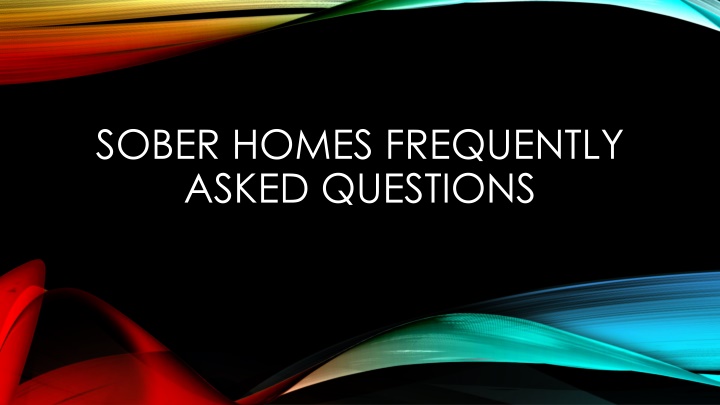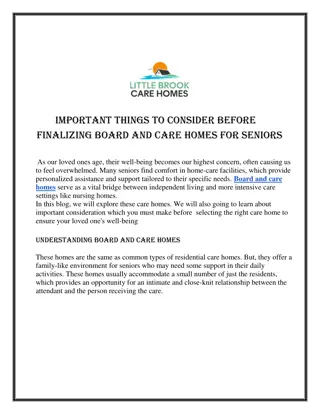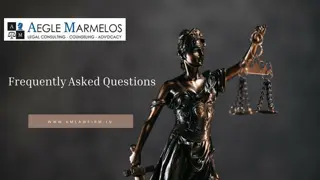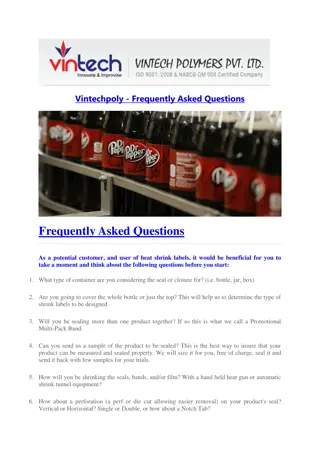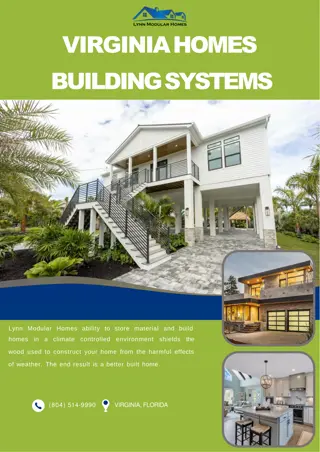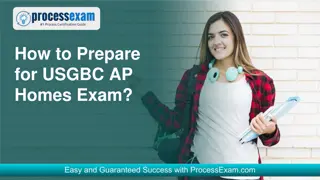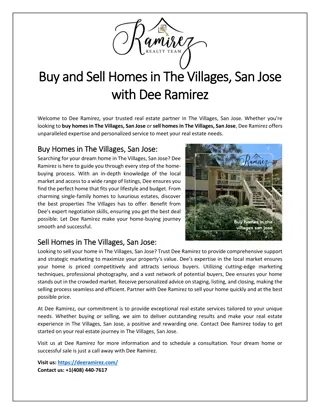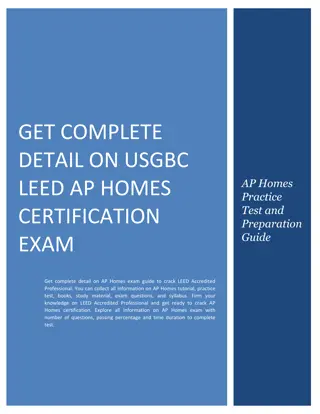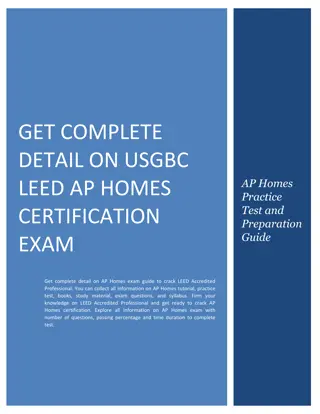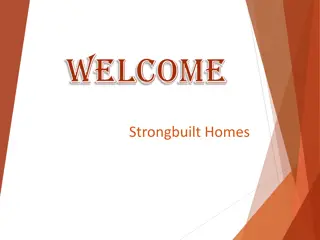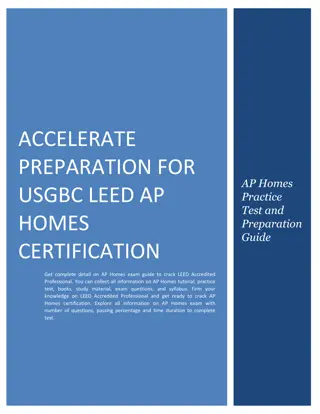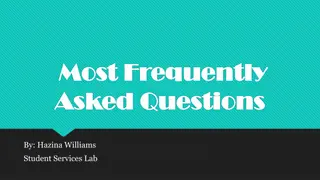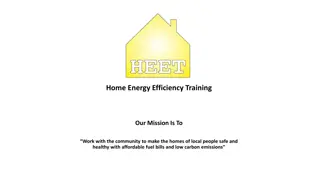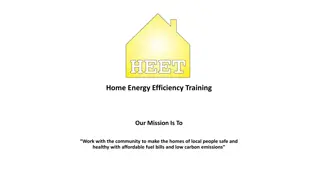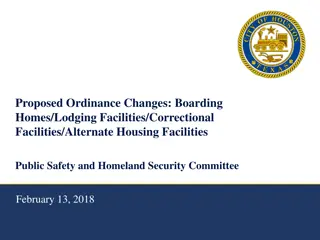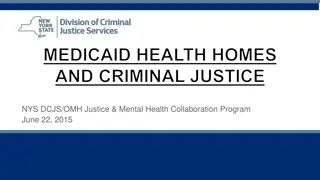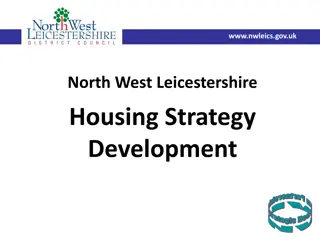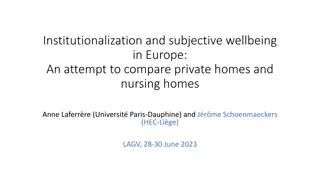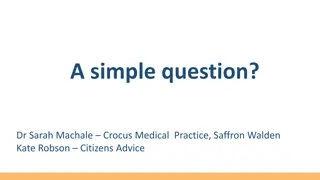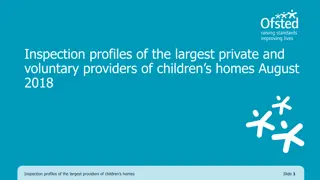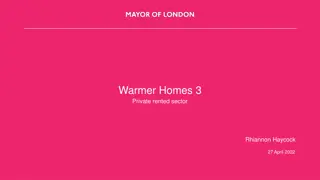SOBER HOMES FREQUENTLY ASKED QUESTIONS
Discover what sober homes are and their role in addiction recovery, including their location in residential neighborhoods. Learn about the Federal Fair Housing Act and how it protects individuals with disabilities, including those struggling with addiction.
Download Presentation

Please find below an Image/Link to download the presentation.
The content on the website is provided AS IS for your information and personal use only. It may not be sold, licensed, or shared on other websites without obtaining consent from the author.If you encounter any issues during the download, it is possible that the publisher has removed the file from their server.
You are allowed to download the files provided on this website for personal or commercial use, subject to the condition that they are used lawfully. All files are the property of their respective owners.
The content on the website is provided AS IS for your information and personal use only. It may not be sold, licensed, or shared on other websites without obtaining consent from the author.
E N D
Presentation Transcript
SOBER HOMES FREQUENTLY ASKED QUESTIONS
WHAT IS A SOBER HOME? A Sober Home is a group home for persons in recovery from drug/alcohol abuse. It is intended to be the last step in the continuum of substance abuse/addiction treatment. No treatment should take place at the house.
CAN A SOBER HOUSE BE LOCATED IN A RESIDENTIAL NEIGHBORHOOD/ZONING DISTRICT? Yes. Pursuant to Federal law, a Sober Home can be located in a Residential Neighborhood/Residential Zoning District (including Single Family).
FEDERAL LAWS Fair Housing Act (FHA) Under the Fair Housing Act, the term handicap means, with respect to a person, a physical or mental impairment which substantially limits one or more of such person s major life activities, a record of such an impairment, or being regarded as having such an impairment.
FEDERAL LAWS 42 U.S.C. 3602(h). The term physical or mental impairment includes alcoholism addiction (other than addiction caused by current, illegal use of a controlled substance). 24 C.F.R. 100.201. and drug
Under discriminate against or otherwise make unavailable or deny a dwelling to any buyer or renter because of a handicap of that buyer, renter, or person residing in or intending to reside in that dwelling after it is sold, rented, or made available. 42 U.S.C. 3604(f)(1). the Fair Housing Act, it is unlawful to
Under the Americans with Disabilities Act, the term disability means, a physical or mental impairment which substantially limits one or more major life activities; a record of having such an impairment; or being regarded as having such an impairment. See, 42 U.S.C. 12102(2), 29 U.S.C. 705(20).
AMERICANS WITH DISABILITIES ACT (ADA) An individual is considered disabled if he/she: 1) suffers from a physical or mental impairment that 2) affects a major life activity, and 3) the effect is substantial . See, Bragdon v. Abbot, 524 U.S. 624, 631, 118 S. Ct. 2196, 141 L. Ed. 2d 540 (1998).
Alcoholism and drug addiction are considered impairments under the definitions of a disability set forth in the ADA. See, Buckley v. Consol. Edison Co., 155 F.3d 150, 154 (2d Cir. 1998) (en banc) (recovering drug addicts may be considered to have a disability under the ADA).
The Americans with Disabilities Act requires that no qualified individual with a disability shall, by reason of such disability, be excluded from participation in or be denied the benefits of the services, program, or activities of a public entity, or be subjected to discrimination of any such entity. 42 U.S.C. 12132.
The federal regulations implementing the Americans with Disabilities Act prohibits a public entity from discriminating against a qualified individual with a disability in administering a licensing program in a manner that subjects disabilities to discrimination on the basis of disability, nor may a public entity establish requirements for the programs or activities of licensees that subject qualified individuals with disabilities to discrimination on the basis of disability. 35 C.F.R. 35.130(6). qualified individuals with
The federal regulations also make it unlawful for a public entity to determine site or location of a facility in a manner that has the purpose or effect of excluding individuals with disabilities or denying them the benefit of public services or otherwise subjecting them to discrimination. 35 C.F.R. 35.130(4)(I).
CAN PEOPLE HAVE GROUP MEETINGS AT A SOBER HOUSE ? Yes. Group meetings such as Alcoholics Anonymous- Narcotics Anonymous can be held at a Sober Home the same way that you can have a Book Club/Bible Study/Cub Scout meeting/ Super Bowl Party at your house.
WHAT REGULATIONS CAN LOCAL GOVERNMENT IMPOSE ON SOBER HOMES ? None. That being said, local governments can still apply occupancy limitations such as dwelling unit size limitations/number of unrelated people limitations, and/or local landlord permit requirements provided that these regulations apply to all residences/rentals across the board, regardless of the status of the occupants.
DO PERSONS WHO OPERATE/OWN A SOBER HOUSE HAVE TO HAVE ANY TRAINING OR CERTIFICATIONS? No.
DO PERSONS WHO OPERATE/OWN A SOBER HOUSE BACKGROUND CHECKS? No, however, pursuant to recent changes to state law, the Owner/ Director of a Sober House may voluntarily become certified as a Certified Recovery Residence Administrator Recovery Residence, which requires a Level II background check for approval. 397.487 and 397.4871, Fla. Stats. HAVE TO HAVE and/or a Certified
DO SOBER LICENSING/REGISTRATION REQUIREMENTS? No, however, pursuant to recent changes to state law, in order to voluntarily get certified as a Certified Recovery Residence Administrator and/or to own/ operate a Certified Recovery applying for certification must register with the Department of Children and Families (DCF) and must follow a code of ethics and must meet continuing education requirements to be established by the certifying entity to be chosen by the Department of Children and Families (DCF) as of 12/1/15. 397.487 and 397.4871, Fla. Stats. PERSONS WHO OPERATE/OWN HAVE A HOUSE ANY Residence, one
ARE PERSONS WHO OPERATE/OWN A SOBER HOUSE ACCOUNTABLE TO ANY REGULATORY AGENCY? however voluntarily Residences must undergo an annual inspection with the certifying entity to be chosen by the Department of Children and Families (DCF) as of 12/1/15 and Certified Recovery Residence Administrators must renew their certification with the certifying entity each year. 397.487 and 397.4871, Fla. Stats. No, Certified Recovery
WHY WOULD A SOBER HOUSE/RECOVERY RESIDENCE AND/OR OWNER/ OPERATOR CERTIFIED ? Effective July 1, 2016, a Service Provider licensed under Chapter 397, Florida Statutes (a licensed Substance Abuse Treatment Provider) may not refer a current or discharged patient to a recovery residence (sober house) residence is a Certified Recovery Residence and is managed by a Certified Administrator. 397.407 (11), Fla. Stat. SOBER GET HOME VOLUNTARILY unless the recovery Recovery Residence
WHAT CAN LOCAL GOVERNMENTS DO TO ADDRESS CITIZEN COMPLAINTS ABOUT SOBER HOMES? Educate residents as to the federal law (unless there is current, illegal drug use/sales/possession occurring on site, in which case, please contact Palm Beach Gardens police).
I HAVE HEARD THAT THE SOBER HOUSES IN MY JURISDICTION ARE COMMITTING FRAUD BY SUBMITTING RESIDENTS FOR DRUG TESTING AND THE LABS UPWARDS OF $2,000+, WHAT CAN I DO? INSURANCE ARE CHARGING Report it to the Department of Financial Services, Insurance Fraud Division #850-413-3115. This is illegal per 817.234, Fla. Stat.
I HAVE HEARD THAT THE SOBER HOUSES IN MY NEIGHBORHOOD ARE BROKERING BY DEALING PROVIDERS AND ACCEPTING HEALTH INSURANCE AS PAYMENT FOR RENT/GETTING THEIR TENANTS HIGH AND THEN SHIPPING TREATMENT SO THE SOBER HOME OPERATOR CAN COLLECT A KICKBACK FROM THE PATIENT REFERRAL. WHAT CAN I DO? COMMITTING WITH PATIENT TREATMENT THEM BACK TO Report it to the Palm Beach Gardens Police. This is illegal per 817.505, Fla. Stat.
